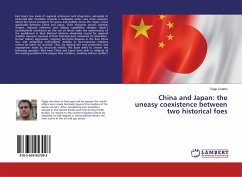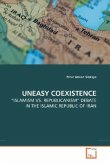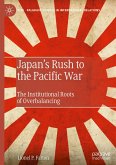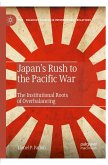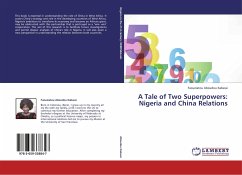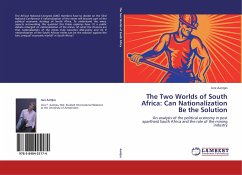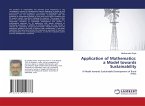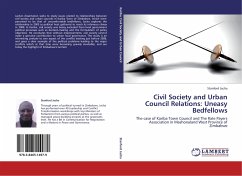East Asia's low levels of regional coherence and integration, alongside its post-Cold War transition towards a multipolar order raise some suspicion about the future prospects for peace and stability across the region, more specifically between China and Japan. Their economic power, political weight, regional influence and military capabilities (despite Japan's constitutional restrictions on the use of force) make the maintenance of the equilibrium in their bilateral relations absolutely crucial for regional stability. However, because of their historical past, memories of colonialism, former military aggression, ongoing territorial disputes in the East China Sea, and competing nationalisms, stability in Sino-Japanese relations cannot be taken for granted. Thus, by defying the core predictions and assumptions made by structural realists, this book seeks to answer the following question: Why have China and Japan been able to mitigate all the existing problems that plague their relations, avoiding military conflict?

